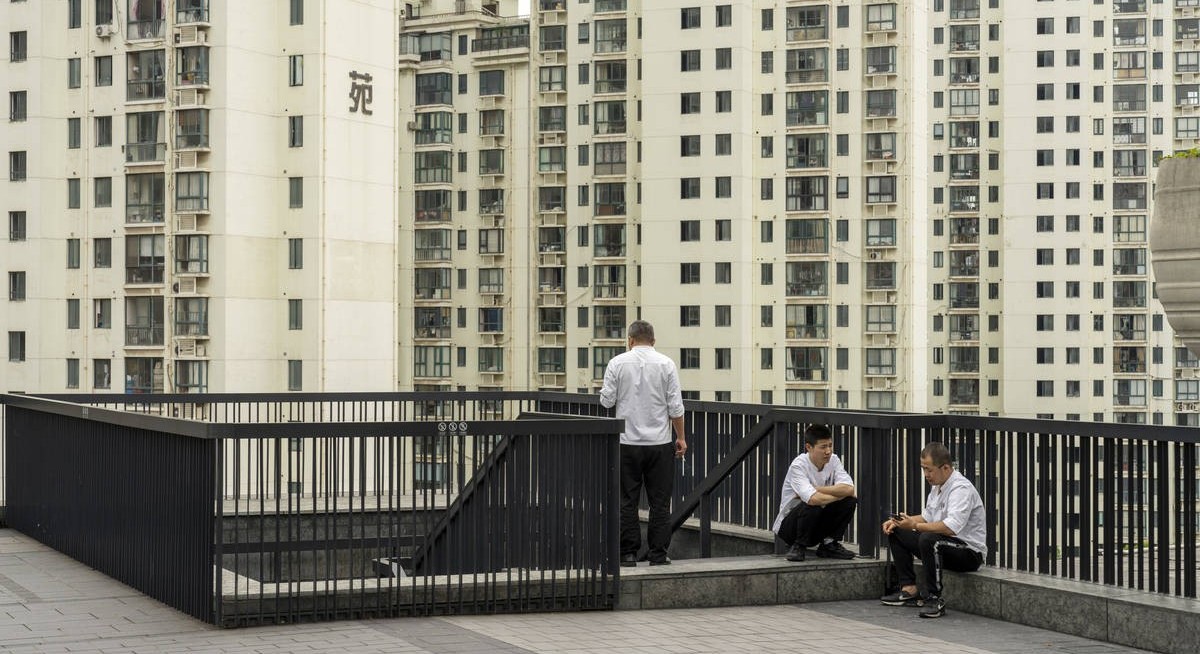(Nov 20): China is considering new measures to turn around its struggling property market, as concerns mount that a further weakening of the sector will threaten to destabilise its financial system, according to people familiar with the matter.
Policymakers including the Housing Ministry are considering a slew of options, such as providing new homebuyers mortgage subsidies for the first time nationwide, said the people, asking not to be identified discussing a private matter. Other measures being floated include raising income tax rebates for mortgage borrowers and lowering home transaction costs, one of the people said.
The plan has been under discussion since at least the third quarter, as the housing market’s slump in sales and prices deepened, said the people, adding that the timing and specific policies to be implemented are still uncertain.
China has been trying to put a floor under its four-year real estate downturn, which has weighed on everything from household wealth to consumption and employment. While the housing sector picked up modestly after the government stepped up support about a year ago, the momentum quickly fizzled. Home sales have been falling since the second quarter and fixed-asset investment collapsed last month.
The dim outlook for the property market, coupled with households’ weakened ability to repay mortgages and other personal loans, means that banks’ asset quality could deteriorate next year, Fitch Ratings analysts warned last month. Chinese banks’ bad loans surged to a record CNY3.5 trillion ($643.93 billion) at the end of September.
The Ministry of Housing and Urban-Rural Development didn’t reply to a request for comment.
See also: Xiaomi rides fan base to EV profitability faster than Tesla
The plan to subsidise interest costs on new mortgages is intended to lure back homebuyers, who have been reluctant to enter a free-falling market.
The average mortgage rate for buyers’ first homes in 42 big cities has hovered around 3.06% in recent months, compared with a record low of 3.05% in October last year when China unveiled a property stimulus package.
See also: Baidu posts worst sales fall on record despite major AI spending
In a similar move, China in September started offering interest subsidies for consumer loans to boost household spending. Residents can receive a one percentage-point interest rate waiver with a ceiling of relief based on the loan size.
Calls for more forceful policy support for the residential real estate market have grown in recent months after earlier steps including lowering loan thresholds and easing restrictions on multiple purchases failed to stem the downturn.
The country’s three biggest cities — Beijing, Shanghai and Shenzhen — eased homebuying requirements, especially in suburban areas, last quarter. Yet both new and resale homes recorded their steepest price declines in October in at least a year.
Meanwhile, Chinese consumers remain firmly in deleveraging mode, hindered by soft income expectations and growing uncertainties in a slowing economy. Outstanding residential mortgages shrank in the second and third quarter to 37.4 trillion yuan and are now down 3.9% from a peak in early 2023.
Last year, China scrapped a nationwide mortgage rate floor for individual homebuyers, seeking to bring down borrowing costs. The central bank then let the local interest rate self-discipline system, a supervisory body it oversees, decide whether a rate floor is still needed in their jurisdictions.
But the effort has been constrained by Chinese banks facing worsening profitability and asset quality. Commercial banks’ net interest margin dropped to 1.42% at the end of September. The measure has been below the 1.8% threshold that helps maintain reasonable profitability for more than two years.
Uploaded by Tham Yek Lee






